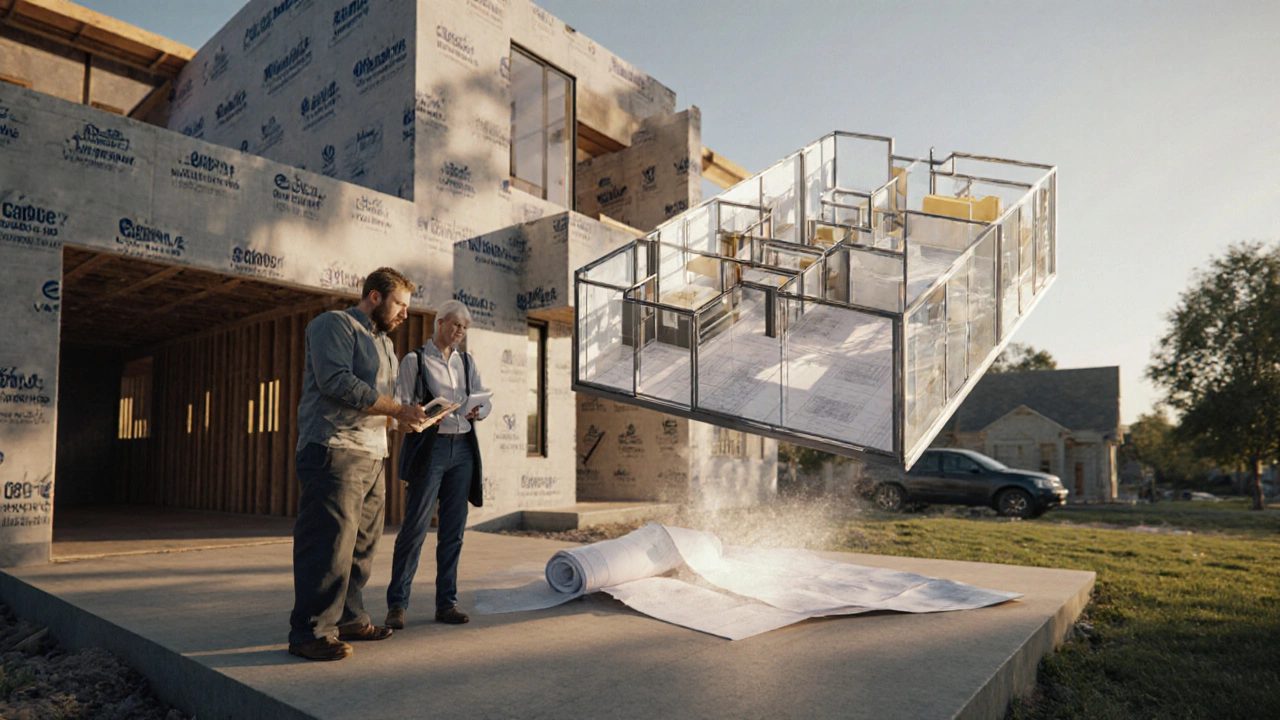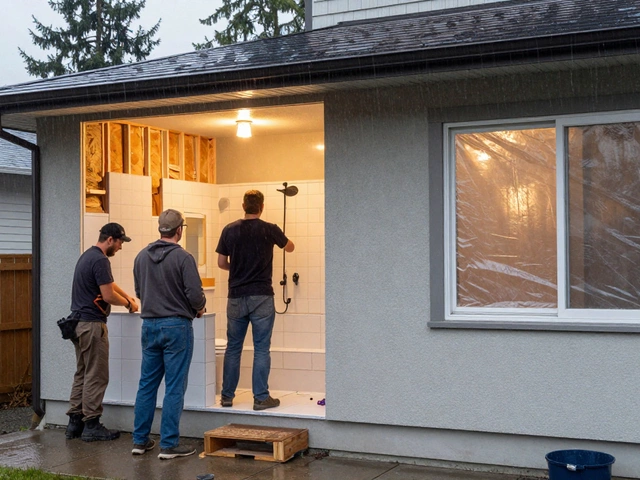Construction Planning: What You Need to Know Before Breaking Ground
When you start a construction planning, the process of organizing every step of a building project from design to completion. It's not just drawing lines on paper—it's knowing when to call the inspector, how long plaster takes to dry, and why you can't rush a foundation. Too many people think it’s about picking colors or buying materials, but the real work happens before the first nail hits the wall.
Good construction planning, the process of organizing every step of a building project from design to completion means understanding how building permits, official approvals required before starting structural work work in your area. In the UK, you can’t just knock down a wall or add a loft without checking local rules. And if you skip this step, you could end up paying fines or even being forced to undo work. It’s not red tape—it’s protection. Same goes for foundation work, the base structure that supports a building and prevents settling or cracking. A tiny crack now might seem harmless, but without proper soil prep and drainage, it turns into a $10,000 problem later. You don’t need to be an engineer, but you do need to know when to walk away from a contractor who skips the basics.
And then there’s timing. Most people think they can move in right after drywall goes up. But new builds need time to settle. Plaster cracks if you hang heavy shelves too soon. Wood floors warp if you lay rugs before moisture levels stabilize. That’s why home renovation, the process of updating or repairing parts of a house to improve function or appearance isn’t a sprint—it’s a marathon with waiting periods built in. And if you’re planning a project timeline, a schedule that maps out each phase of construction from demolition to final inspection, don’t just guess how long things take. Look at real examples: a loft conversion takes 8–12 weeks, not 4. A full kitchen remodel? At least 6 weeks, even with a fast crew. Rushing leads to mistakes, and mistakes cost more than time.
What you’ll find below isn’t theory. These are real stories from people who got it right—and those who didn’t. From why you can’t decorate a new build right away, to how big a foundation crack really is before it’s dangerous, to what flooring actually adds value when you sell. No fluff. No guesswork. Just what works on UK homes, based on what’s been seen, fixed, and lived in.
What Are the 5 Architectural Services Every Homeowner Should Know?
Learn the five essential architectural services every homeowner needs before starting a renovation or new build. From design to permits to contractor oversight, know what to expect and why each step matters.
full article




